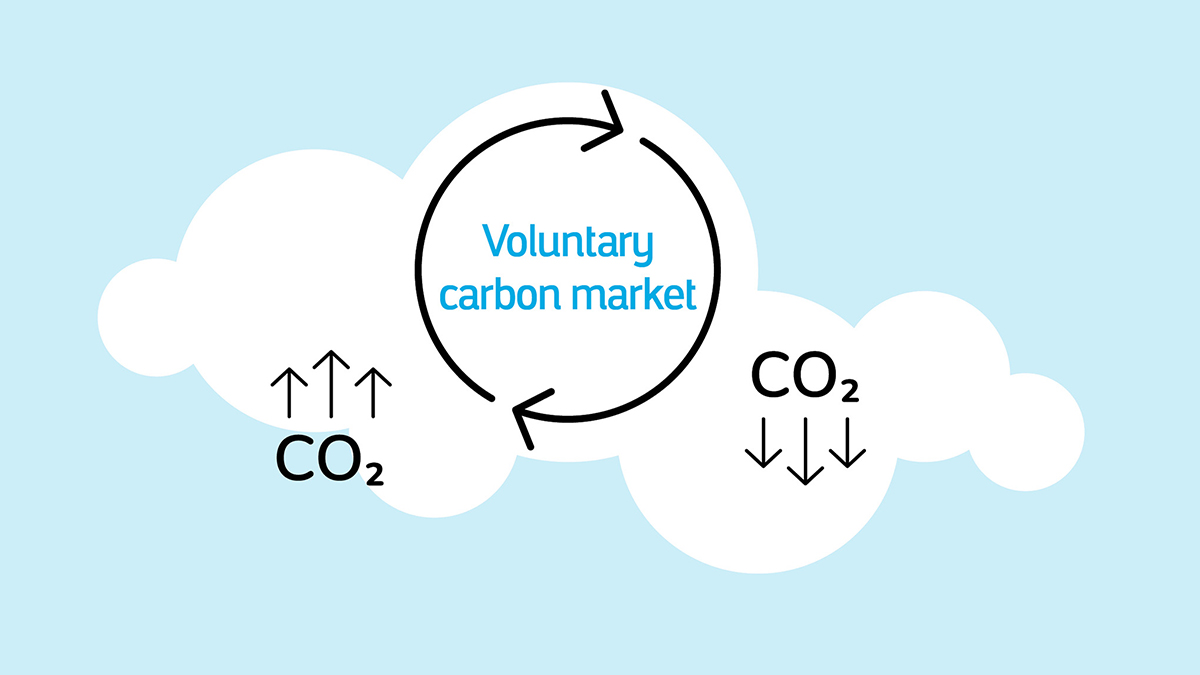A recent study published in Nature Communications by researchers from Kyoto University reveals that the 20 companies retiring the most carbon offsets from the voluntary carbon market (VCM) over the past four years have largely relied on low-quality, inexpensive credits. These companies include major oil corporations, airlines, aircraft manufacturers, automotive companies, logistics firms, and others.
Lead author Gregory Trencher, from Kyoto University’s Graduate School of Global Environmental Studies, notes that there is growing concern about the low quality of many projects supplying carbon credits to the VCM, which often fail to deliver the emissions reductions they promise. The study shows that these 20 companies collectively account for over one-fifth of all carbon offsets retired globally.
The research, which uses a unique and publicly accessible dataset tracking offset retirements from 2020 to 2023, covers the three largest offset registries in the VCM: Verra’s Verified Carbon Standard, the United Nations’ Clean Development Mechanism, and Gold Standard. The study also involved co-authors from EPFL in Switzerland and the University of Hamburg.
The analysis found that none of the 20 companies could claim that a significant portion of their retired offsets met recognized quality standards in the VCM. Additionally, the research shows that many companies intentionally chose cheap offsets, often from projects that began over a decade ago, suggesting that corporate spending on offsets has not driven new investments in climate mitigation.
Trencher points out that the ongoing quality issues in the VCM are not just due to the supply side but also result from the purchasing decisions of individual companies.
These findings are particularly troubling because all but one of the 20 companies have set net-zero climate goals, with many also promoting their services as “climate neutral,” contributing to the perception that some firms are engaging in “greenwashing.”
Trencher emphasizes that the current offsetting practices in the VCM are not an effective alternative to strong government policies that require substantial changes in energy technologies, supply chains, and business models for major emitters.
Summary
The study analyzed the offsetting behavior of companies in the voluntary carbon market (VCM) and found that many companies are purchasing low-quality, cheap offsets with questionable climate benefits. Companies in diverse sectors are actively targeting cheap offsets, leading to an overstatement of environmental performance and greenwashing. The study also highlighted the limited use of carbon removal credits, emphasizing the need for more investments in carbon removal. The study proposed corrective actions, including stricter regulations and a shift from offsetting to contributing to decarbonization efforts by reducing emissions directly. The findings suggest that the VCM lacks the ability to push companies towards high-quality offsets and calls for fundamental changes in energy technologies and business models to achieve net zero emissions.

Key Insights
- Companies in the voluntary carbon market are predominantly buying low-quality offsets, undermining genuine climate benefits.
- Many companies are greenwashing by purchasing cheap offsets that do not meet industry standards.
- Carbon removal credits are underutilized, highlighting the need for more investments in carbon removal technologies.
- Stricter regulations and a shift towards direct emission reduction are proposed as corrective actions.
- Fundamental changes in energy technologies and business models are needed to achieve net zero emissions.
- The study proposes stricter regulations, a shift towards direct emission reduction, and fundamental changes in energy technologies and business models to achieve net zero emissions.




Leave a Reply